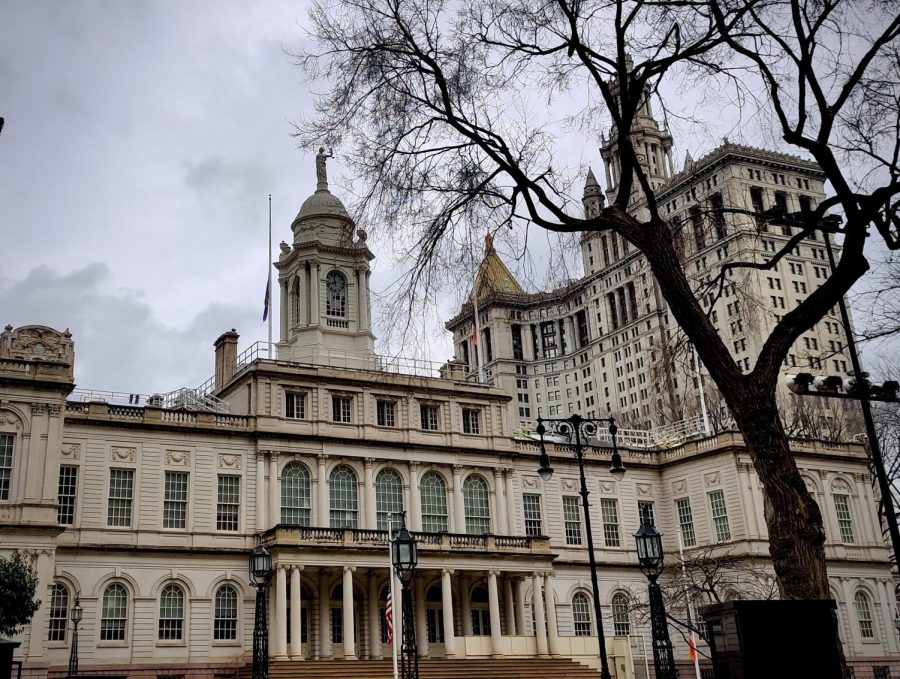NYC postpones salary transparency law from taking effect
May 7, 2022
Members of the New York City Council voted to delay Local Law 32, which concerns salary transparency in job listings, from going into effect.
Local Law 32 declared that it is unlawful not to include the potential minimum and maximum salary in the description for any job position in New York City. The law also includes online or remote jobs in which the employee will be based in the city.
It was sponsored by councilmembers Nantasha Williams and Justin Brannan.
On Thursday, the council voted 43-8 to push back the law from May to November. The delay was a result of a clash between the public officials and business leaders on whether job salary disclosures are the best way to address the gender gap.
The council added to the law that employers are to get a warning and 30 days to fix their violations before facing city punishment. If employers don’t post their salary ranges, the NYC Commission on Human Rights will investigate, and if employers fail to put it after being reported, they may face fines up to $250,000.
However, it is important to note that employers cannot be sued for not listing salary ranges under the law unless it is specified that the employer list the Commission on Human Rights as its main enforcement agency.
All New York City employers who have four or more employees or outside employers who have at least one domestic worker are required to list salary ranges. This is aimed to address gender-related issues and race-related pay disparities.
Women earn 86 cents on average, compared to men earning a dollar. When it comes to Black and Latina women, the gap is even wider, according to the National Women’s Law Center.
Over the past four years, at least seven states including California and Connecticut plus two cities — Cincinnati and Toledo, both in Ohio — started to require the disclosure of job salaries.
Additionally, Colorado took a different approach to the law in 2019 by requiring a pay range in all job postings.
Critics of the law are afraid that small businesses posting their salaries won’t make them as competitive and discourage people from applying. Some fear that this will impose a burden on the businesses.
“To publicly put salaries of small, minority-and-women-owned businesses gives a stigma that we are not competitive,” New York City-based political consultant Amelia Adams said, according to the Associated Press.
Pushbacks also came from large commerce companies like JPMorgan Chase & Co. and Goldman Sachs Group Inc., claiming that they had little knowledge of this legislation ahead of the May 15 deadline.
An amendment to the law was proposed. It would limit the scope, create delays and open loopholes. Loopholes pose obstacles on addressing the long issue of wage gaps.
The important issue right now is to focus on addressing this law and not let any excuses or any distractions make New York deviate from the original purpose of the law.








